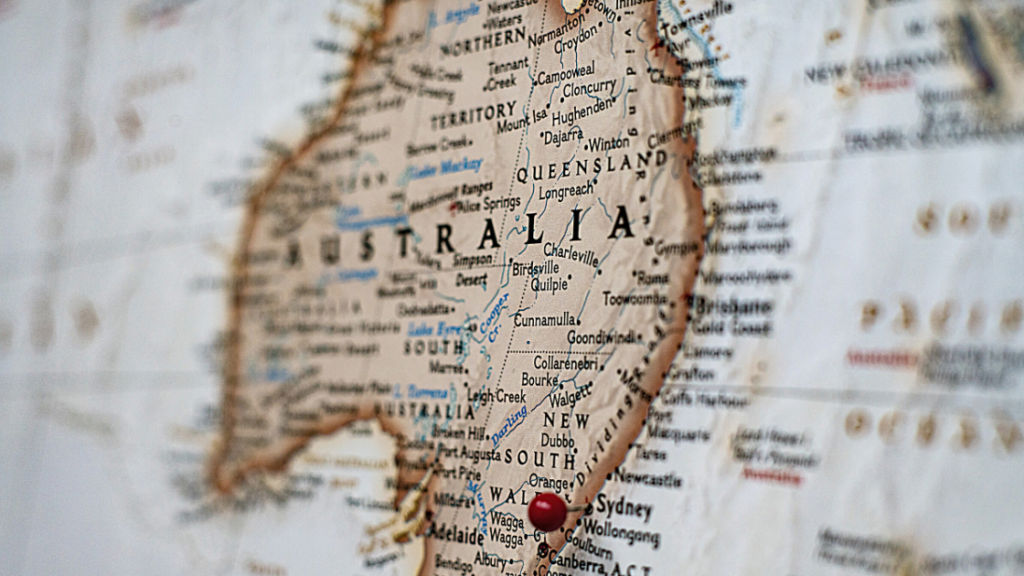One of the things I have been thinking about post-2020, and our first year of living with the Covid virus, is entitlement. The last year has seen many shifts in the global consciousness with many institutions, beliefs and assumptions being challenged for the ongoing misunderstanding and mistreatment of diverse and often disenfranchised communities.
The communities I am thinking of are those involved in and affected by Black Lives Matter protests, the #MeToo movement, transgender rallies, LGBTQIA+ struggles, disability and neurodiversity community battles, indigenous rights and political recognition campaigns, environmentalist battles – the list goes on.
The last year has provided an opportunity to reflect and question much about our world. Injustice and inequality has risen as the pandemic has wreaked havoc on many industries and workplaces, with many people losing their livelihoods as sectors of the economy across the world have been wiped out – think of the tourism industry for one. Mental distress and alienation is on the rise as ways of socially engaging and connecting shift, as uncertainty about what the future holds grows.
The stories of how people are engaging and coping with these changes are all around us.
It is important to stay up to date with shifts that are occurring within society and not act from a place of entitlement and ignorance, a place of assumed knowledge. It is easy to fall into this trap as we lead busy lives with many demands on our time and attention. However, it is also important to broaden our perspective of the world to incorporate people and experiences that encourage us to think outside our own bubble, to hear stories outside our experience or those of our peer group.
At this time of great social change, we all need support and allies, people who show empathy and can see the world through other’s eyes, who show understanding as we face down our own individual challenges. So I encourage you to pay attention and listen to the stories, all the different stories that are being told around you. They will introduce you to characters that have the power to broaden your horizons, present you with different perspectives, create connections, and enrich your life.
“Stories have a transformative power to allow us to see the world in a different way than we do if we just encounter it on our own. Stories are an entry point to understanding a different experience of the world.” Clare Patey, Director of the Empathy Museum.
Please get in touch if the above article resonates with you in light of your own situation.
REFERENCES:
The Health foundation (2016). The power of storytelling. https://www.health.org.uk/newsletter-feature/power-of-storytelling – The Empathy Museum – https://www.empathymuseum.com/
© First published via the Mannaz Journal – reprinted here with permission.
About the Author: Julie Regan

